Did you know that learning a second language can help kids with problem solving, critical thinking and listening skills, as well as improving memory, concentration, and the ability to multitask?
Research also shows that exposing kids to another language from a young age will set them up with more advanced language skills, benefitting them for the rest of their lives.
It’s fair to say foreign languages weren’t my strong point and school and I did struggle, which is why I’m keen to make the experience as positive and fun for my kids as possible.
The question is: how can we help at home? In this guest post here are 7 simple ways to teach kids a new language easily and while having fun!
7 simple ways to teach kids a new language
1. Use a language app
A language app, like the famous Babbel for example, makes it easy for your child to learn a language and do a lesson anywhere, anytime. The question is, does Babbel actually work? Since it offers structured language learning paths, it gives an educational experience that is also fun and you can go at your own pace, meaning your child can get as much out of it as they put into it.
2. Watch YouTube videos & TV shows
Watching fun and interesting videos and shows is a passive activity, but when you watch it in a new language it is an active activity. With age and language-appropriate videos and shows, your child can watch their favorite content with subtitles or find new favorites in a new language.
3. Sing songs & play games
Kids can learn an incredible amount when they are having fun and committing things to memory. Two of the main ways to do that are through song and play. So find some songs, print out the lyrics, and have some fun singing along to them! The catchier they are, the greater chance children will find themselves singing the songs and committing them to memory. After all, many people remember at least two to three songs from their childhood. Games are another way your child can have fun and have language learning be the backdrop but still focus of an activity. Have them pick out games they are interested in and play in the native language.
4. Listen to podcasts
Podcasts are a form of media that gives you a lot of options in terms of what you choose to listen to. You can find age and language appropriate level podcasts in the target language for your child by native speakers as well as focused language learning podcasts that your child can follow along to.
5. Find an overseas pen pal
An overseas pen pal gives your child the ability to make a connection and practice their writing, reading and comprehension skills. A way to get even more out of writing and receiving letters with a native speaker is to have your child read the letter out loud, highlight new words and phrases, and answer specific questions about the letter.
6. Spend time with a native speaker
Spending time with a native speaker is one of the quickest ways for children (and anyone) to advance their language skills. As the native speaker speaks fluidly, your child can learn new phrases, pronunciations, grammar and sentence flow, and more. Look for language groups in your area to connect with a native speaker, or you can even do online conversation groups or one-on-one sessions.
7. Learn together
Having a consistent person in your life to learn a language with can be incredibly encouraging and result in greater language advancement and more career opportunities for your child. If you learn with your child, you can both benefit from language skills and have fun while doing it! You can make a language learning experience out of anything, from a five-minute drive where you point out the items you see, watching television, playing games, and more. Just remember to keep it fun!
This is a guest post.

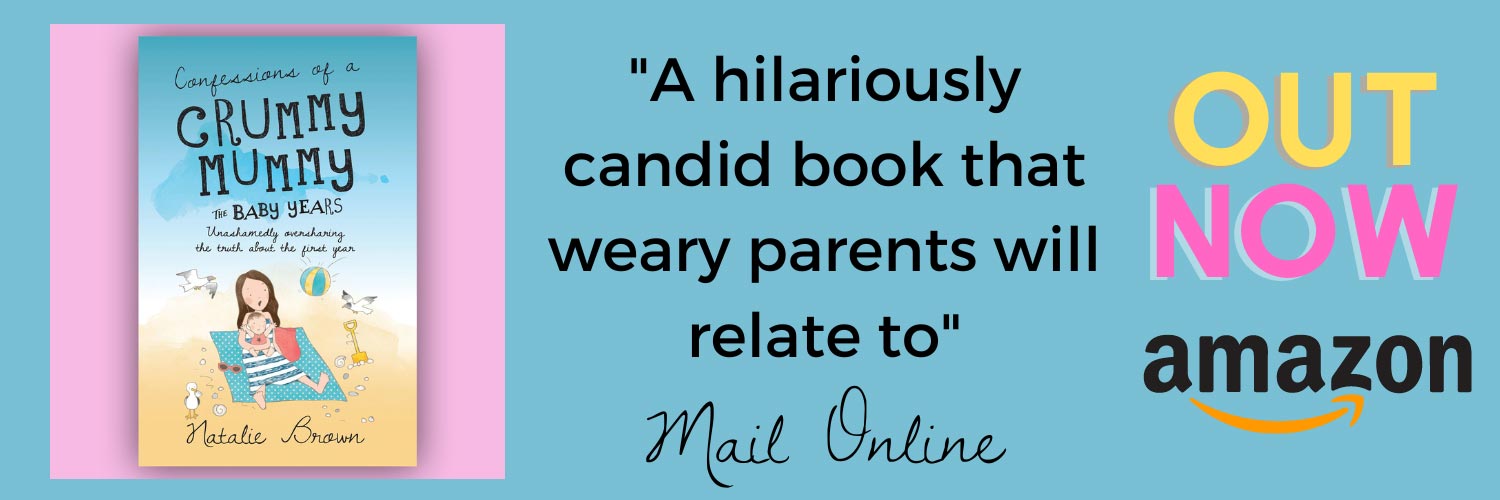
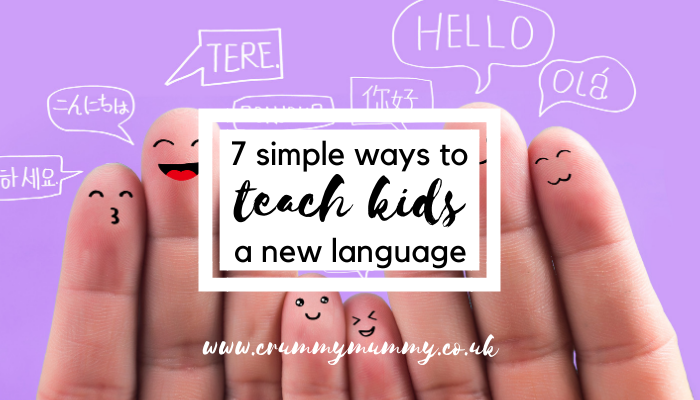
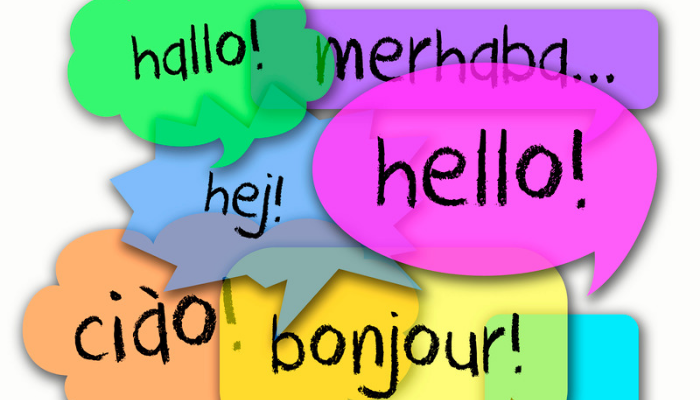

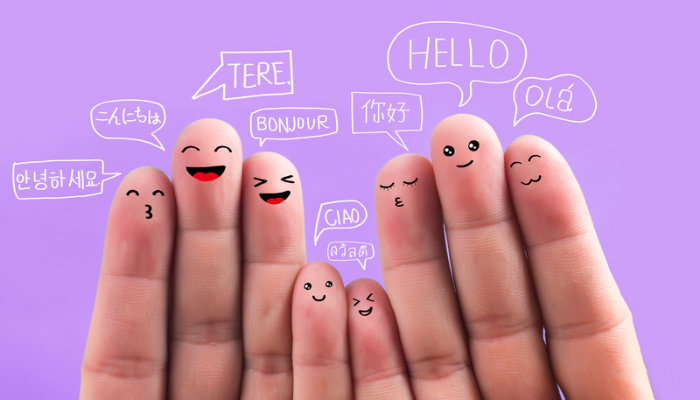


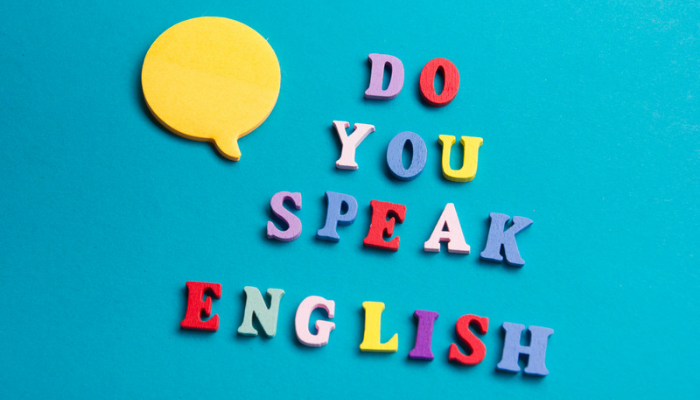
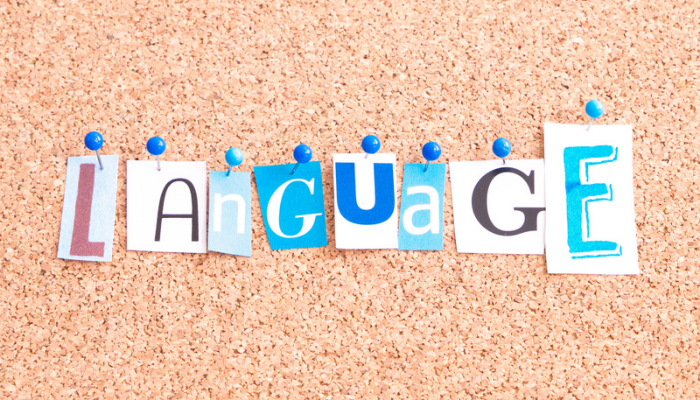
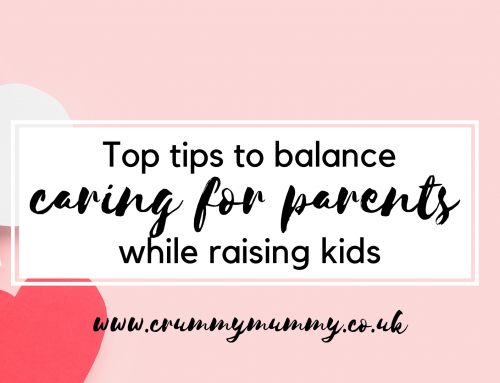









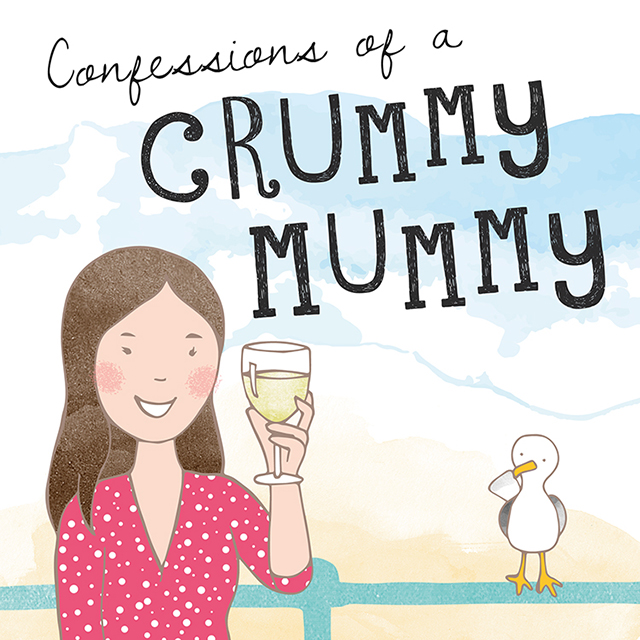
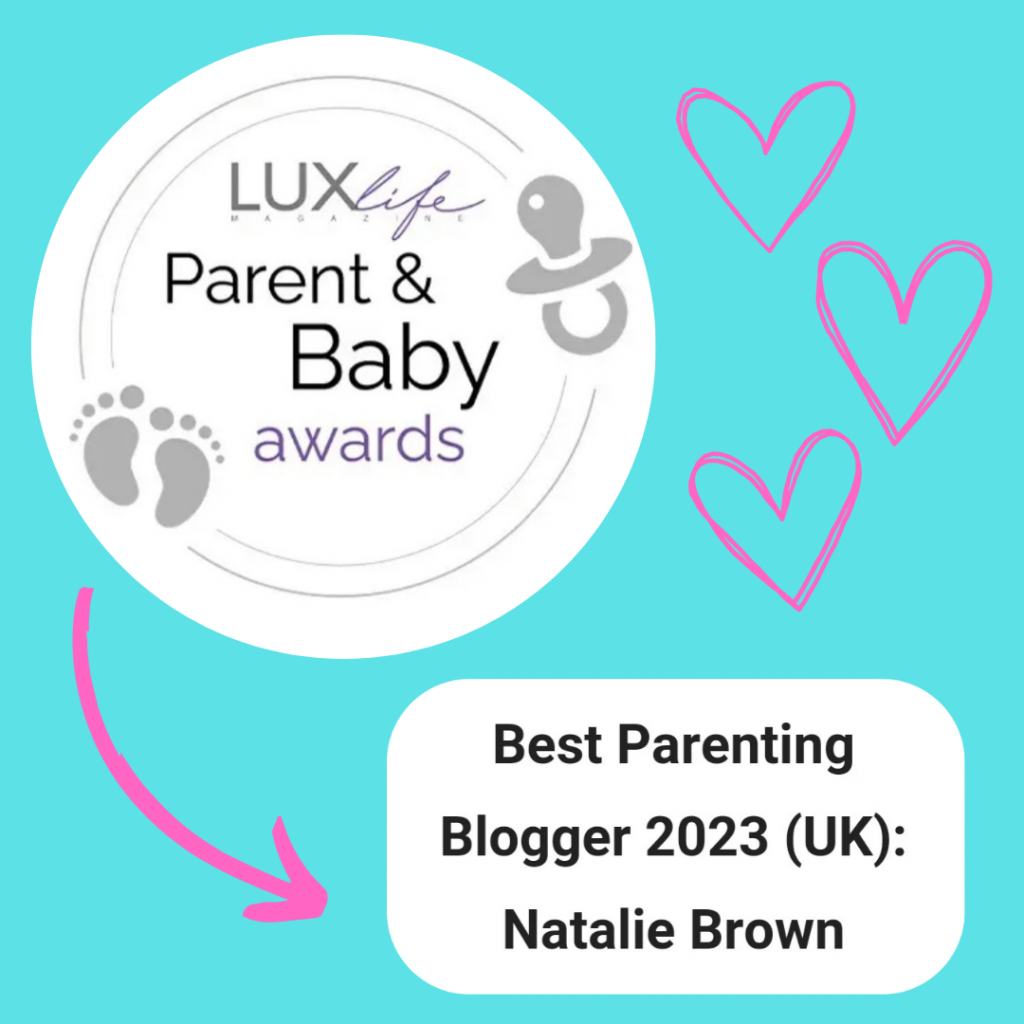











great ideas for teaching a new language but I would also add having a baby-sitter who is multi-lingual. I’ve read stories of English children raised in India during the colonial age who knew English as well as several Indian dialects from talking to caretakers, gardeners, etc. #MMBC
We taught our kids English before they learned Hebrew. It was the best thing we ever did. By the time they got to school they understood the concept of putting letters together to make a word etc, so learning another language was easy for them. Now they can jump between both languages with no problem (and my eldest speaks Arabic too!). #MMBC
My children all love learning new languages. Definitely helps having exposure to another language at an early age. Fingers crossed, my eldest teen should be off to Uni next September to learn yet another language. #mmbc